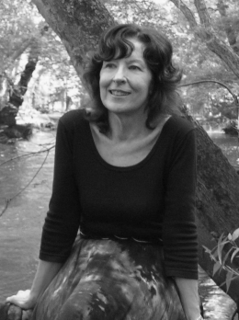A Quote by Nicole Krauss
I'm not immune to the readers' desires. Sometimes they are my own, because I'm a reader, too. The readers' desire to know what really happened and what didn't. To have a glimpse into what's really the author and what isn't. I think we all have that and I wonder about what it means.
Related Quotes
A newspaper can follow the compulsions, the desires of the readers. Take the English evening newspapers - they are following the readers' desires when they are interested only in the royal family gossip. But even the most objective, serious newspaper in the world designs the way in which the reader could or should think. That's unavoidable.
I have a total responsibility to the reader. The reader has to trust me and never feel betrayed. There's a double standard between writers and readers. Readers can be unfaithful to writers anytime they like, but writers must never ever be unfaithful to the readers. And it's appropriate, because the writer is getting paid and the reader isn't.
I feel really strongly about not wanting to overly guide the reader about what he or she should think. I really trust the reader to know for themselves and not to need too much. You have your own imagination, your own experiences, your own feelings, and a novel wants ultimately to ask questions. It doesn't assert anything, or shouldn't, I think.
Chats are so new to newspapers, historically. But they're so incredibly valuable because editors/reporters/columnists get to find out what's on the minds of our readers, what you think we should be writing about, what ticks you off, what makes you happy. Sometimes it can confirm what you think readers are interested in; sometimes it can turn you around 180 degrees.
The ear is the only true writer and the only true reader. I know people who read without hearing the sentence sounds and they were the fastest readers. Eye readers we call them. They get the meaning by glances. But they are bad readers because they miss the best part of what a good writer puts into his work.
I feel that historical novelists owe it to our readers to try to be as historically accurate as we can with the known facts. Obviously, we have to fill in the blanks. And then in the final analysis, we're drawing upon our own imaginations. But I think that readers need to be able to trust an author.





































